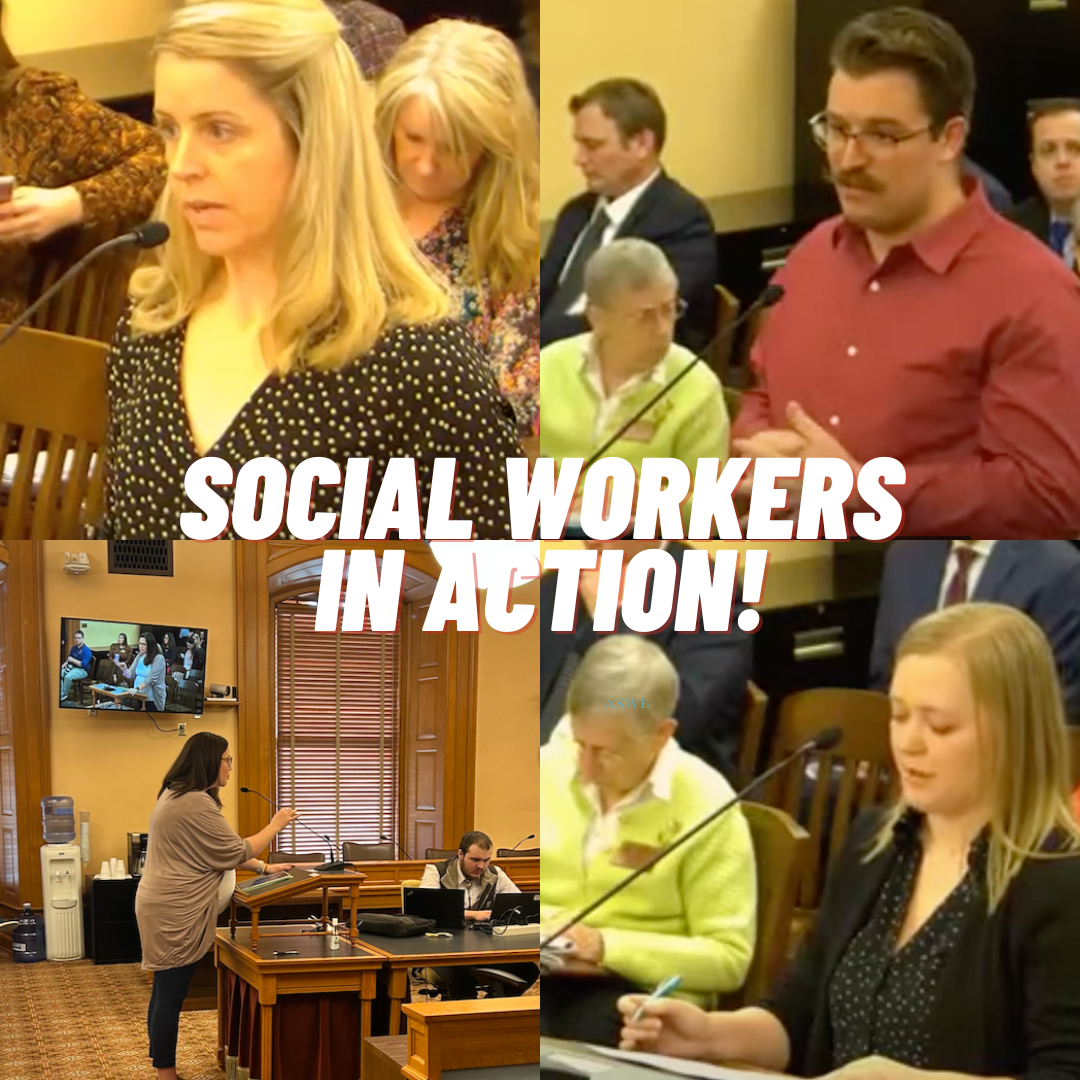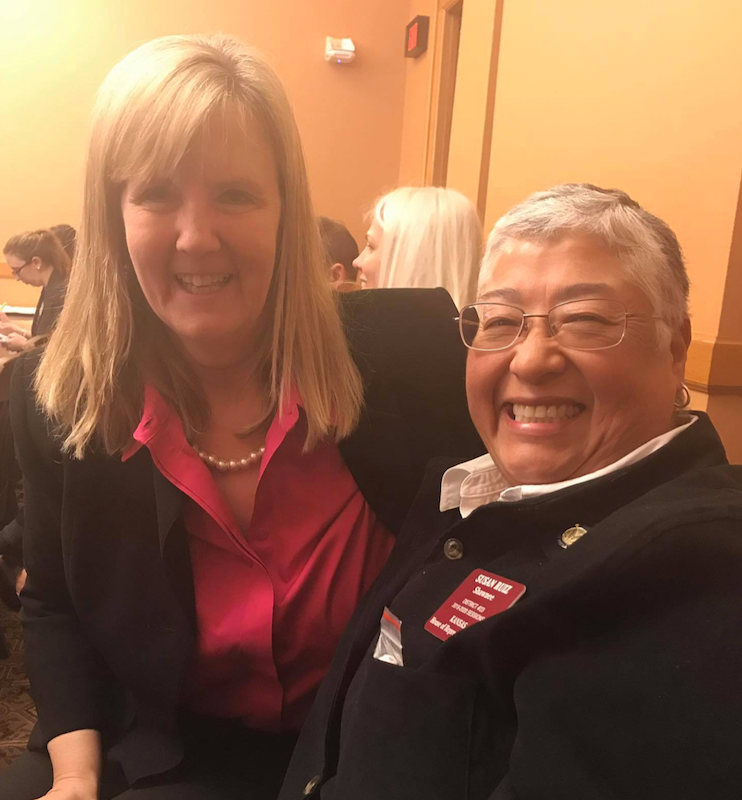Landmark Licensing Reforms to Decrease Barriers for Social Workers
Senate Bill 131 (HB 2340) a bipartisan bill was signed into law on May 9th to expand the state’s mental health and health care workforce and improves access to care. HB 2340 was inserted into Senate Bill 131 inConference Committee.
HB 2340 streamlines the process for marriage and family therapists, professional counselors, psychologists, social workers to obtain and maintain licenses from the Behavioral Sciences Regulatory Board.
The bill passed 38-2 in the Senate and 118-4 in the House.
Testimony during the legislative session indicated that Kansas has a far worse facing a shortage of clinically trained mental health responders than our neighboring states and is worsening as baby boomers retire and the demand for mental health care increases.
A report by the Kansas Health Institute last year examined the shortage of licensed specialist clinical social workers in Kansas.
There are 1,141 practicing licensed specialist clinical social workers reporting a Kansas physical address, or one for every 2,575 Kansans. There are 1,004, or 88%, located in urban areas and 137, or 12%, located in rural parts of Kansas. The population per social worker in Kansas is 2,132 to 1 for urban areas and 5,816 to 1 for rural areas.
Northeast Kansas has the most favorable ratio, with one licensed specialist clinical social worker for every 2,088 Kansans in the region, and has more than half of such workers in the state.
Key Changes for Social Workers
The bill streamlines and reduces costly obstacles for social workers to obtain and maintain licenses from the Behavioral Sciences Regulatory Board.
Some of the streamlining includes:
Reciprocity for LBSW/LMSW from 48 months to 12 months.
A new two year temporary license to provide more time to pass the ASWB examination.
A new expedited licensing process for an additional $100 fee. The bill also requires decisions on completed applications to be issued within 30 business days. There is no time limit currently on license processing.
Expands practice and agency settings that will qualify for a clinical practicum and will allow more flexibility for a LMSW to pursue a LSCSW at their workplace. Kansas will now be in line with requirements of neighboring states.
Removes the extra college coursework to pursue a LSCSW. Kansas social workers for the past 20 years have been financially burdened with taking up to 15 hours of college classes above and beyond graduating from an accredited social work program. This occurs when a LMSW can't prove graduate clinical coursework with their syllabus from their graduate degree. This requirement has been unique to Kansas licensing rules. The mandate has been incentive for KS social workers interested in pursuing a LSCSW to move or work in a neighboring state rather than acquiring the expense and time of going back to graduate college for an additional 15 hours.
Removed the supervisor mandate to become a BSRB Board Approved Supervisor that was proposed in the bill by BSRB for a LSCSW to supervise a LMSW to become a LSCSW.
The bill will create a new type of temporary license for certain applicants who have graduated from a social work program, including an online social work program, that is in candidacy from a national accrediting body recognized by the Behavioral Sciences Regulatory Board (BSRB).
Last, the bill reduces the licensing fee charged to reinstate an expired license to attract retirees to practice again.
Advocacy in Action
Due to social workers and mental health advocates joining together, we were successful in advocating for several key reform measures that were added to the Bill after the hearings.
A big shout out to the bravery and courage of the social workers who testified at the hearings to amend the proposed bill.
Also big thank you to Representative Susan Ruiz (our social worker in the the legislature) who championed the bill through the process.
Representative Susan Ruiz, LSCSW and Becky Fast, NASW-KS Chapter Executive Director




